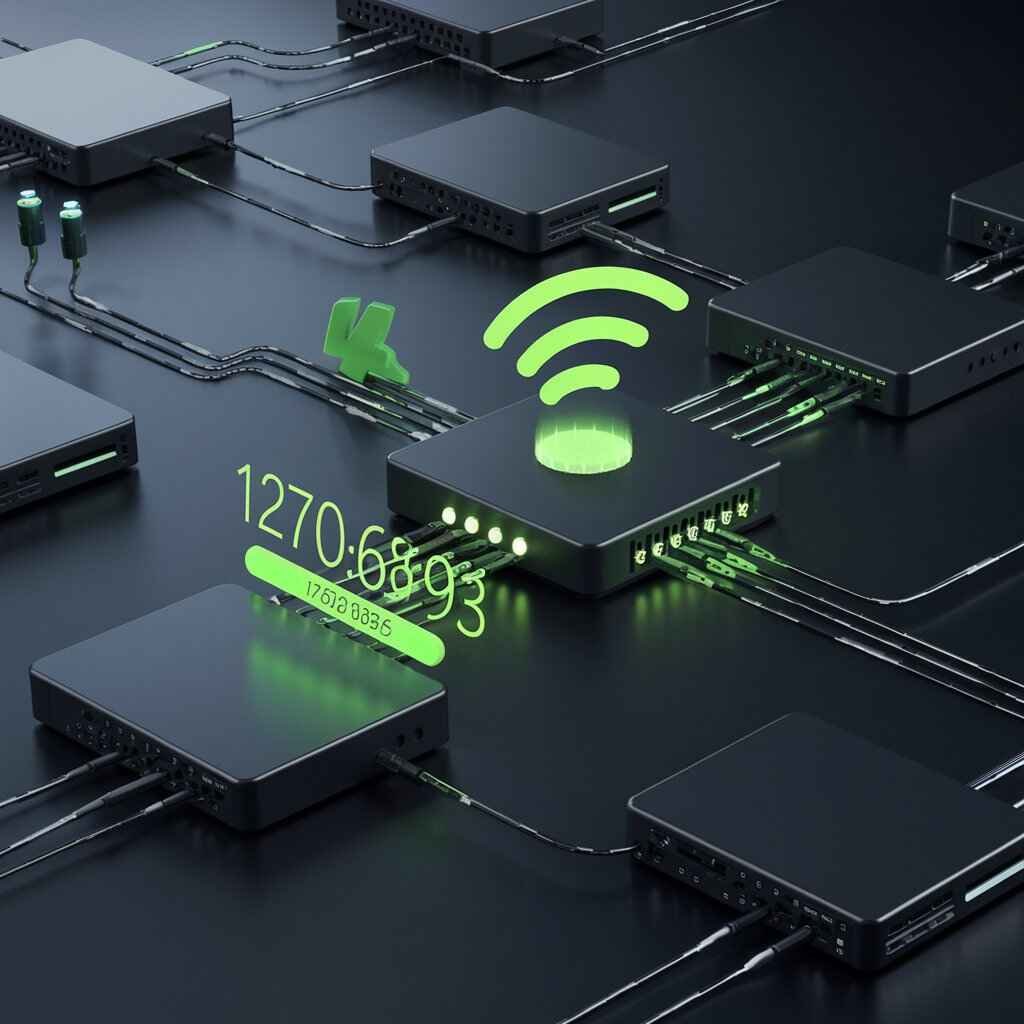When dealing with networking, web development, or IT troubleshooting, you’ll often come across the IP address 127.0.0.1. This address, known as the “localhost” or “loopback” address, is a key concept in understanding how computers communicate with themselves. In this article, we’ll explore what 127.0.0.1:62893 represents, how it works, and its significance in various contexts.
What is 127.0.0.1?
127.0.0.1 is a special IP address reserved for localhost or loopback purposes. It is part of the range of IP addresses from 127.0.0.0 to 127.255.255.255 that are used for internal communication within a computer. Any network traffic sent to 127.0.0.1 is looped back to the same machine, making it useful for testing network applications without involving external network hardware.
Key Features of 127.0.0.1:
- Self-Communication: Enables a computer to communicate with itself.
- Testing: Commonly used to test network applications and configurations locally.
- Internal Use: Data sent to this address never leaves the computer.
Understanding Port Numbers
In the address 127.0.0.1:62893, 62893 is a port number. Ports are virtual communication endpoints that allow different services or applications on the same IP address to be uniquely identified. Each service running on a computer can listen on a specific port number, enabling multiple services to operate simultaneously.
How Ports Work:
- Port Range: Ports range from 0 to 65535.
- Reserved Ports: Ports 0-1023 are reserved for well-known services like HTTP (port 80) and SSH (port 22).
- Dynamic Ports: Ports 49152-65535 are typically used for dynamic or ephemeral purposes, like temporary connections.

The Significance of 127.0.0.1:62893
When you see an address like 127.0.0.1:62893, it indicates that a service or application is running on your local machine and is listening for connections on port 62893. This setup is commonly used in scenarios such as:
- Web Development: Developers often run web servers on localhost for testing purposes, using various ports to distinguish between different projects.
- Local Databases: Database servers may be configured to listen on specific localhost ports for secure local access.
- Network Diagnostics: Tools for testing network protocols and applications frequently use loopback addresses.
How to Use 127.0.0.1:62893
To interact with a service running on 127.0.0.1:62893, you can use several methods depending on the type of service:
- Web Browser: Simply enter
http://127.0.0.1:62893in your browser’s address bar to access a web application running on that port. - Database Client: Connect to
127.0.0.1using port62893to interact with a locally hosted database. - Command Line Tools: Use tools like
curl,telnet, orncto send requests to the service on this port.
Why 127.0.0.1:62893 is Important
Understanding 127.0.0.1:62893 is crucial for anyone involved in networking, web development, or system administration. It allows you to test and develop applications in a controlled environment without affecting live systems. By leveraging the localhost and port combinations, you can ensure your services are functioning correctly before deployment.
Conclusion
The 127.0.0.1 address and its associated port numbers, like 62893, play a vital role in the development, testing, and maintenance of networked applications. By comprehending how localhost works and how to utilize different ports, you can better manage your local environment, ensuring smooth and efficient application performance.
Whether you’re a developer running a local server or an IT professional diagnosing network issues, the 127.0.0.1 loopback address is an indispensable tool in your toolkit.
Also Read: iPhone 16 Pro Max Storage Options: Find Your Perfect Fit






